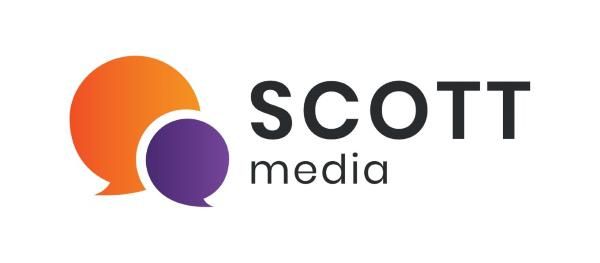£5000 donation made to Athelstan Museum thanks to famous codebreaker Alan Turing
The family behind an historically well-known Wiltshire company has donated £5,000 to the Athelstan Museum in Malmesbury after they auctioned a rare private letter from codebreaker Alan Turing to the founder of the Linolite brand.
The letter was originally written by Alan Turing, who famously cracked the Enigma code during the Second World War, to Linolite founder Alfred William Beuttell.
In 2019 Athelstan Museum Council commissioned volunteer Bill Reed to collect interviews from past employees for the Museum’s “Malmesbury Voices” collection. This resulted in around 50 recordings, from which a book, “Linolite - The Inside Story” was compiled.
In the foreword to the book, Peter Beuttell, Alfred’s grandson, wrote: “This book reminds me why I have felt for several decades that my family owed the people of Malmesbury a great debt of gratitude.” That gratitude now takes a tangible form in a donation to the museum.
Peter said that the donation was partly “in recognition of the work by Bill, Barry Dent and Sarah Pettigrew on Linolite The Inside Story.”
Linolite was a well known Wiltshire employer for over 40 years and first came to Wiltshire in 1941 when the founder Alfred was asked by the Ministry of Aircraft Production to move to somewhere safer than their original site in Pimlico, London. They were one of the few producers of an important part of the electrical wiring in wartime bombers.
Inventor Alfred (1880 - 1965) became quite wealthy at a young age after selling the patent to his invention – the carbon filament strip lamp, which was the first of its kind - to Edison and Swan. An example, lent by Peter, is currently on display in the museum.
Alfred’s son Victor went to school in Sherborne with Alan Turing. Due to shared personal tragedies, he became a friend of the family. He often stayed at their home, especially during school holidays.
Around 1910, Alfred spent several months in Monte Carlo, where he developed a “complicated and successful gambling system”. Alfred spent a further month there, living on the profits.
Much later he discussed this system with Alan Turing, who by then was an undergraduate at King’s College, Cambridge, during a visit to the family home in Norbury in South London. Turing afterwards wrote an assessment, saying the system was not sustainable long term, and inferred the winnings were probably more luck than judgment. Turing’s handwritten reply remained in the family for many years before being auctioned at Bonham’s earlier this year.
The Wiltshire company employed at one point over 150 people, first at the Mill Works site in Burnivale, and then, from 1985, in a purpose-built factory on Tetbury Hill, which now forms part of the Dyson complex.
Sharon Nolan, chairman of the Athelstan Museum Council, said: “We’re so grateful to Peter and his family for this generous donation as we do not charge an entrance fee and we rely entirely on donations, subscriptions and grants.
“We’d also like to thank Bill for his hard work as a volunteer to make the people of Malmesbury, and their voices, part of our living history.”
The Athelstan Museum showcases the history of the ancient town. Recently it’s become home to the Wiltshire ‘Turner’ of Malmesbury Abbey which was bought with funding from the National Lottery Heritage Fund and the Arts Council.
The Linolite collection at the museum is supported by two books Linolite - The Inside Story, by Bill Reedavailable from the museum shop for £10.00 and The Man who Made Linolite, a biography of AW Beuttell by Kenneth Hudson. Copies signed by Peter Beuttell are also available from the museum shop for £10. To find out more visit https://www.athelstanmuseum.org.uk



















